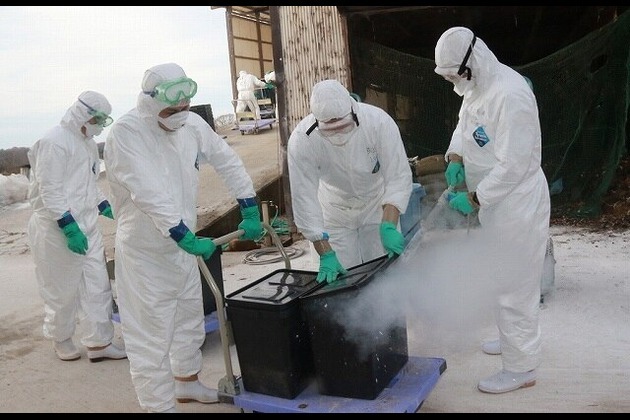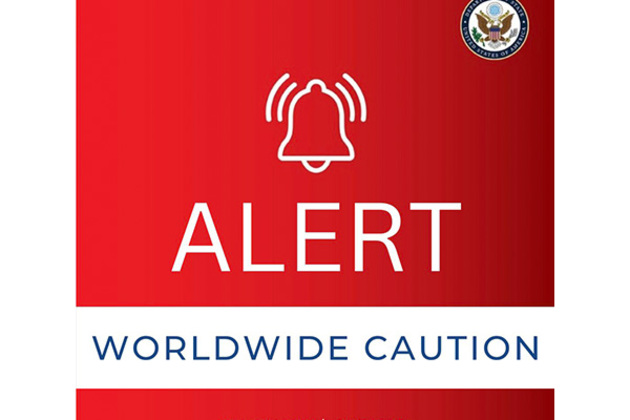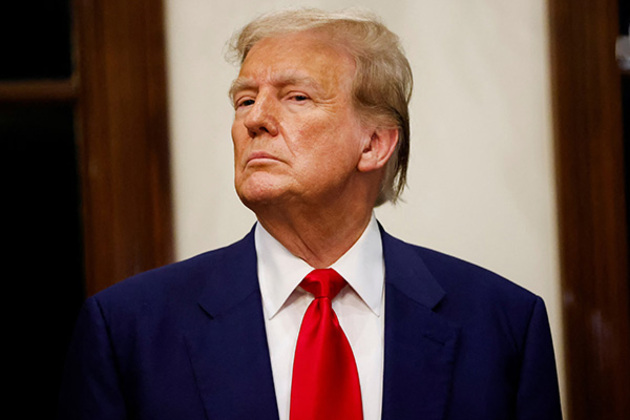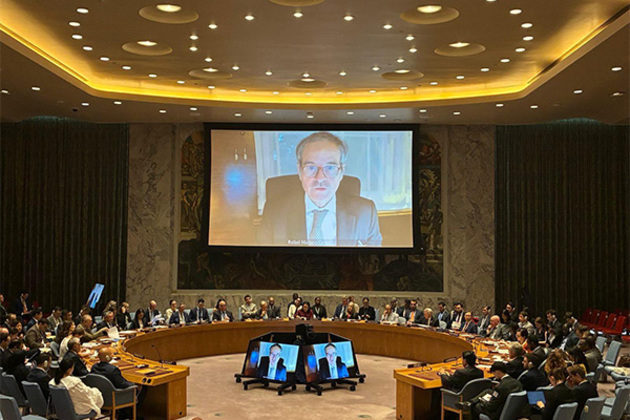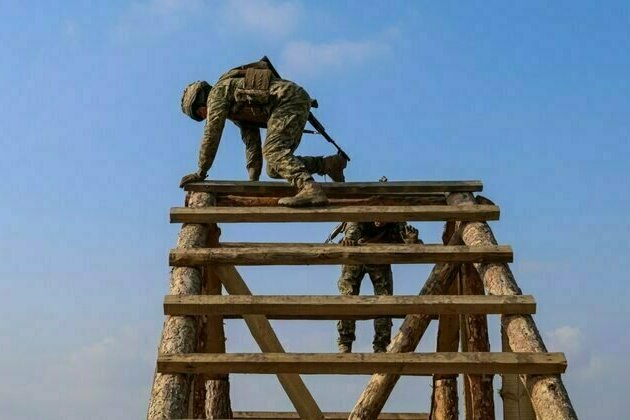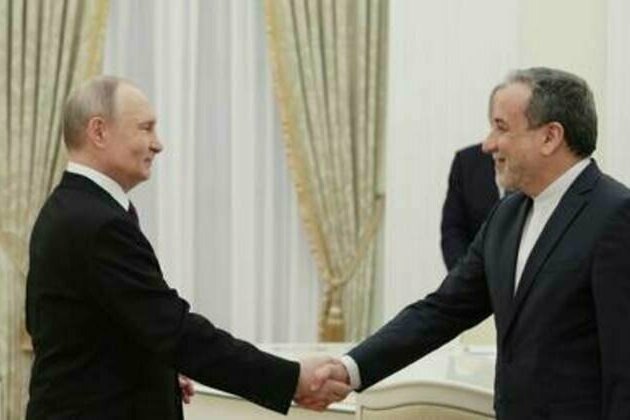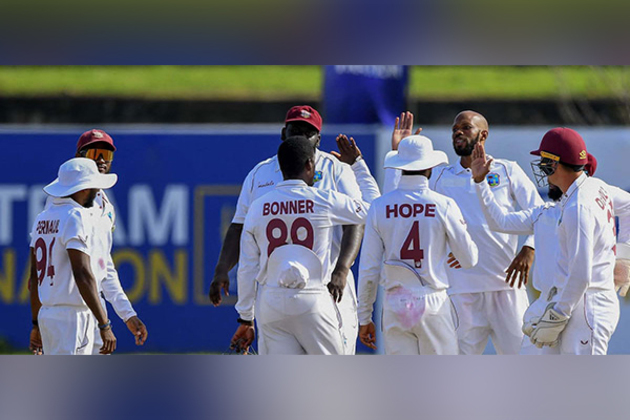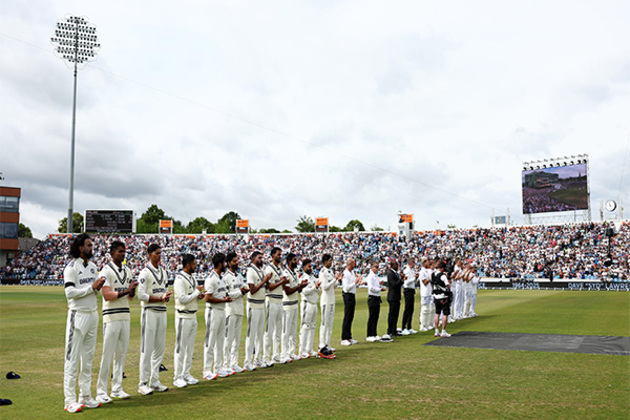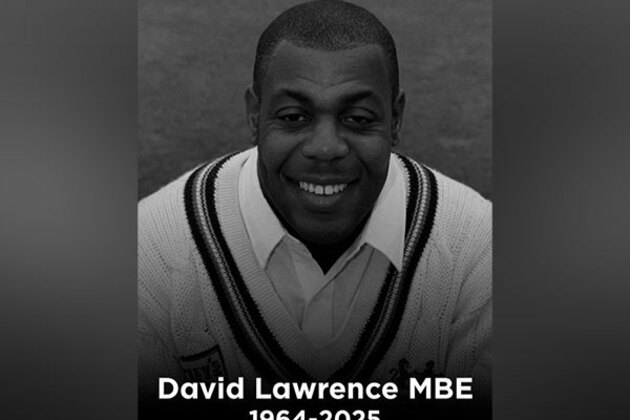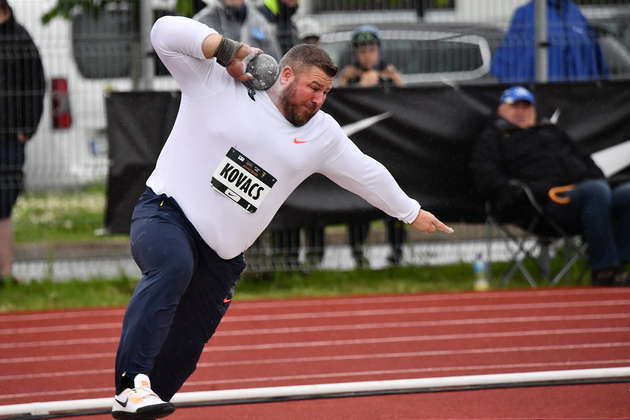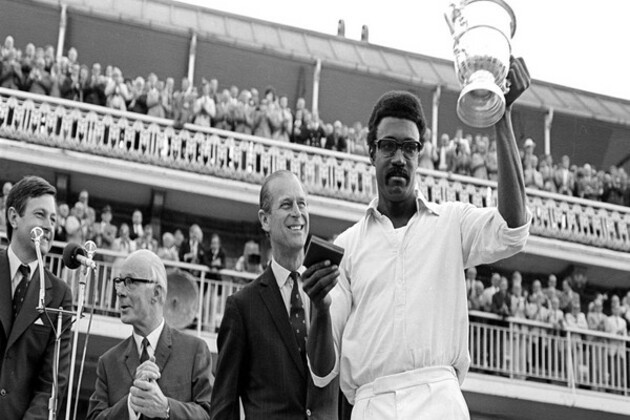Haiti on the brink: Gangs fill power vacuum as current solutions fail a nation in crisis
The Conversation
16 Jun 2025, 15:41 GMT+10
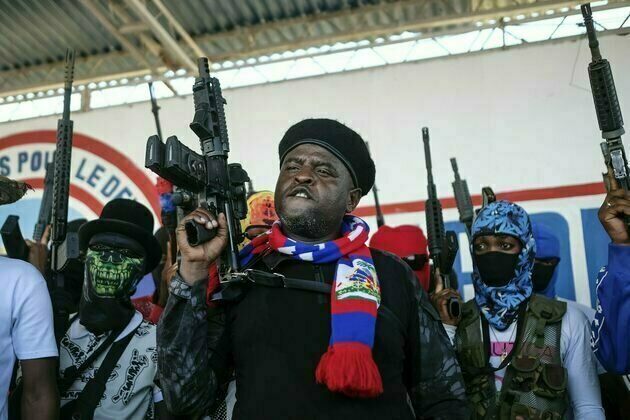
Haiti is facing a multifaceted crisis unlike any in the country's modern history.
Haiti recently marked the one-year anniversary of Haiti's Presidential Transitional Council's (CPT) new government - an internationally backed effort to restore governance in the country after Prime Minister Ariel Henry was ousted by gangs.
But rather than charting a path to stability, the CPT remains mired in dysfunction as Haiti's crisis deepens with no end in sight. Armed gangs now control most of the capital, more than a million Haitians have been displaced and half the country faces acute food insecurity.
Criminal gangs have taken control of most of the capital city of Port-au-Prince and significant parts of the country. Since 2021, gangs have killed more than 15,000 people and forcibly displaced over a million people.
Beyond the security situation, there is a dire humanitarian emergency as more than half the country faces severe food insecurity.
The United Nations says the country may be reaching a point of no return and risks falling into "total chaos."
Haitian friends tell me their whole country feels as blocked as the barricaded streets and choke points used by the gangs to control the capital.
The impasse is undoubtedly shaped by entrenched gang violence. Armed groups have been used by political players for political ends in Haiti for decades.
But now, new, well-organized armed gangs have emerged as political entities in their own right.
For example, the G9 Alliance, the most notorious of gangs - actually a federation of gangs - is led by former police officer Jimmy "Barbecue" Cherizier.
Cherizier presents himself on social media as a revolutionary figure fighting the elites, but in the streets of Port-au-Prince most, see him as a violent criminal.
Last year, the G9 merged with rivals to form a coalition called Viv Ansamn (Live Together). Led by Cherizier and others, the group forced Prime Minister Ariel Henry from power. Henry had become prime pinister after the assassination of Haiti's last elected head of state, President Jovenel Mose, in July 2021, despite himself being implicated in the assassination.
Both Henry and Mose were accused of paying gangs to maintain control.
Viv Ansamn's takeover of the capital confirms gangs have become an autonomous political force. They have since expanded their power through their control over fuel supplies, critical infrastructure and key choke points.
It's telling that the gangs have become so powerful despite the presence of a UN-approved, Kenya-led Multinational Security Support (MSS) mission. The mission has been in Haiti since shortly after Henry was forced out of power.
But with limited scope and funding from donor countries, including the United States, Canada and Ecuador, the mission has failed to achieve any major successes. Indeed, by the UN's own estimates, gang violence continues to have a "devastating impact" on the population, despite the presence of the mission.
Last month, the U.S. government designated Viv Ansamn and Gran Grif, Haiti's two most powerful armed gangs, as terrorist organizations. Canada and others have also imposed sanctions on politicians and gang leaders, and perhaps this could lead to more sanctions against those who most directly benefit from the crisis. But for residents of Port-au-Prince, little has changed on the ground, where many feel the gangs are holding the country hostage.
A common saying in Haiti goes like this: peyi'm pa gen leta, my country has no state. Once a criticism of a particular government, it now feels literal. Haiti has no elected national officials.
The CPT was established by the Organization of American States after Henry's ousting, but has has done little to restore democracy. Elections are impossible under the current security conditions.
Instead, the CPT has become another obstacle to resolution. Mired in internal conflict, some members have been accused of bribery. With no framework for political compromise, the council reflects a system where some key players actually benefit from the political impasse.
Haiti is now in uncharted territory. The CPT operates in a legal vacuum, making decisions without a clear mandate or authority.
Still, the council is moving forward with a controversial plan to rewrite the Haitian constitution. The proposed changes will fundamentally alter Haiti's government structure, including abolishing the senate and the prime minister, allowing presidents to hold consecutive terms, changing election procedures and allowing dual citizens and Haitians living abroad to run for office.
This constitutional reform highlights the paradox at the heart of Haiti's crisis: an institution with questionable legitimacy is attempting to redesign the very framework that would determine its own authority.
These aren't just procedural problems: they represent fundamental questions about who has the authority to govern and how decisions get made in a country where democratic institutions have always been fragile.
International groups, including the UN, the Organization of American States and the Core Group that includes the United States, Canada and France, have overseen Haiti's politics for decades. But their influence has often backfired. Many in Haiti see the international community as directly responsible for the current crisis.
Whatever internal problems have given rise to the current crisis, the role played by the international community in Haiti has undoubtedly contributed to the impasse.
The MSS mission is a stop gap at best and a liability at worst. It is insufficient for the scale of the crisis.
Some observers have called for a full UN peacekeeping mission, but there is little support for it and such a mission would likely face resistance within Haiti given the country's fraught history with international interventions.
Can the international community undo the damage it has already done? And can Haiti make it through the impasse without the international community?
There are no easy solutions. Addressing gang violence without legitimate governing institutions won't create lasting stability. Yet the path to a legitimate government remains unclear as organizing elections without basic security is unrealistic.
The international community must stop treating Haiti as a series of separate crises requiring separate responses. The current piecemeal approach treats symptoms while ignoring the underlying causes that block political resolutions.
For Haitians, the stakes could not be higher. The question isn't whether change is needed, but whether the international community and Haitian leaders can move beyond the impasse before the situation deteriorates even further.
 Share
Share
 Tweet
Tweet
 Share
Share
 Flip
Flip
 Email
Email
Watch latest videos
Subscribe and Follow
Get a daily dose of Barbados Bulletin news through our daily email, its complimentary and keeps you fully up to date with world and business news as well.
News RELEASES
Publish news of your business, community or sports group, personnel appointments, major event and more by submitting a news release to Barbados Bulletin.
More InformationWorld
SectionBrazil aims to restart poultry trade after bird flu clearance
SAO PAULO, Brazil: Brazil is taking confident steps to restore its dominance in global poultry exports after declaring its commercial...
US issues travel 'Worldwide Caution' travel advisory amid tensions in West Asia
Washington DC [US], June 23 (ANI): The United States of America has issued a 'worldwide caution' travel advisory for the US citizens...
"Bullseye": Trump claims "monumental damage" caused to Iranian nuclear sites
Washington, DC [US], June 23 (ANI): US President Donald Trump has claimed that 'monumental damage' was inflicted upon nuclear sites...
IAEA DG Grossi calls for diplomacy amid Israel-Iran war, urges all parties to return to negotiating table
Vienna [Austria], June 23 (ANI): Rafael Grossi, the Director General of the International Atomic Energy Agency (IAEA), issued a stark...
Third Attack In Month On Ukraine Military Training Grounds Kills 3
Ukrainian authorities said three people were killed and at least 14 injured in a Russian missile attack on a Ukrainian military training...
Top Iranian diplomat expects 'critical' talks with Putin
Abbas Araghchi says exceptional circumstances require deeper consultations between Tehran and Moscow ...
Caribbean
Section"Average of 25 will not bring us success...": WI coach Sammy slams poor first-class cricket system
St John's [Antigua], June 22 (ANI): Ahead of his side's three-match Test series at home against Australia, West Indies head coach Daren...
India, England players wear black armbands to pay tribute to David 'Syd' Lawrence
Leeds [UK] June 22 (ANI): Indian and England players wore black armbands on Day 3 of the first test at Leeds, to pay their respect...
Former England cricketer David Lawrence dies at 61
Gloucestershire [UK], June 22 (ANI): Gloucestershire Cricket announced the unfortunate demise of former cricketer and club president...
(SP)ESTONIA-JOHVI-ATHLETICS-CONTINENTAL TOUR 2025
(250622) -- JOHVI, June 22, 2025 (Xinhua) -- Joe Kovacs of the United States competes during the men's shot put event at the World...
Canada seal qualification for 2026 T20 World Cup in India and Sri Lanka
Toronto [Canada], June 22 (ANI): Canada have officially secured their spot in the ICC Men's T20 World Cup, set to be co-hosted by India...
Excitement builds for 8th Awards Gala, 50th anniversary of West Indies' World Cup victory
Saint John's [Antigua and Barbuda], June 22 (ANI): Cricket fans across the Caribbean and beyond are gearing up for a spectacular celebration...

